Mozambique Attack Survivors Haunted By Sight Of Dead Bodies
As she stepped off an evacuation boat from the besieged town of Palma in northern Mozambique, Mariamo Assane broke down, reliving the harrowing day she fled a ferocious rampage by Islamist militants.
"I had lost hope of living. Never in my life had I run so much," Assane said after she reached safety in Pemba, the capital of the northern Cabo Delgado province about 200 kilometres (120 miles to the south.
Eleven days after what is seen as the biggest escalation of the Islamist insurgency ravaging the region since 2017, the true death toll from the coordinated attacks in March remains unknown, with internet and mobile phone networks disrupted.
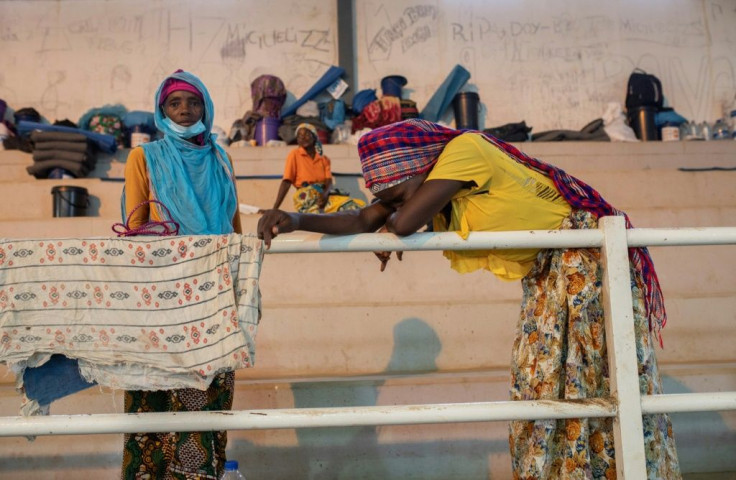
The central government estimates that dozens of people were killed in and around Palma, the coastal hub for a multi-billion dollar gas project in northern Mozambique.
Assame, who is her 30s, recalled the grim sight of bodies scattered along the way as she fled.
"I don't know if I will ever forget that."
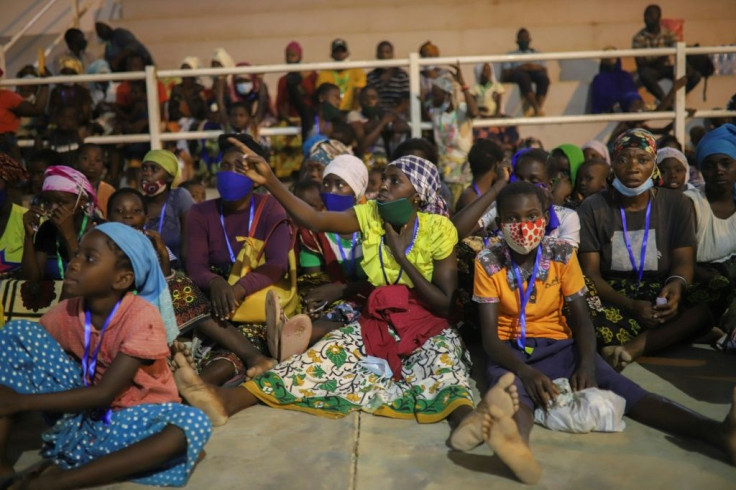
Survivors of the vicious Islamist onslaught drift between deep anxiety, fear, anger and despair.
They have "witnessed horrors, they have heard gunshots, they talk about people waving guns in their faces, escaping to the bush, walking on foot", Shelley Thakral, spokeswoman for the World Food Programme in Pemba, told AFP.
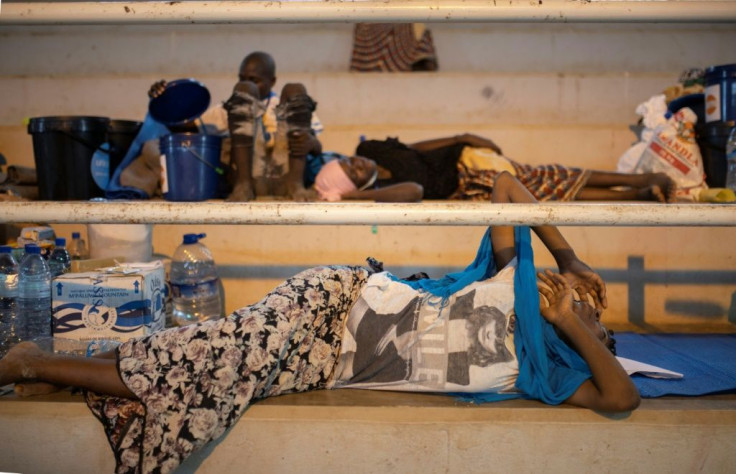
"They are clearly distressed and tired and just in shock," she said.
Lionel Dyck, the owner of Dyck Advisory Group, a private military company helping Mozambican forces fight the extremists, last week spoke of seeing decapitated bodies on the streets.
Dyck told the BBC that when his team reached Palma on the first day of the attack "there were bodies lying on the road".
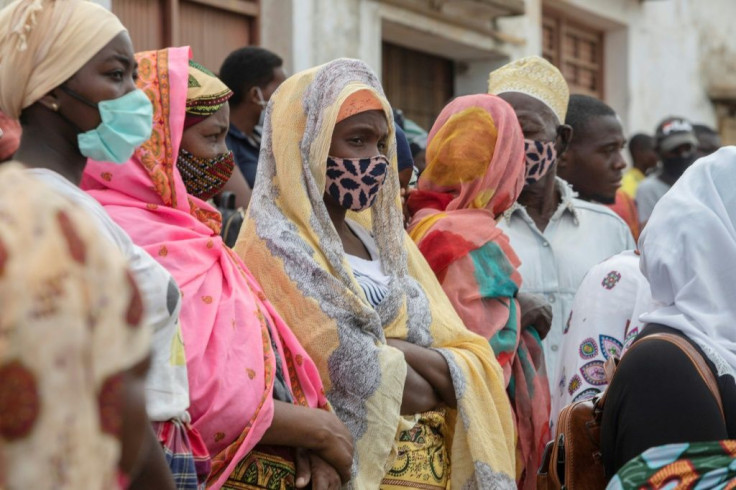
The corpses of some truck drivers delivering food aid were "lying next to their vehicles without heads", he added.
Heavily pregnant Fatua Abdalal, 26, said she went into labour shortly after she and her two other small children fled Palma.
As she trekked through the bush, the inevitable happened and she gave birth, on her own, before being evacuated to Pemba.
Lying on a hospital bed next to her newborn son Salimo, her eyes downcast, she recounted the "saddest moment" of her life when she had to abandon her other children as she ran for her life.
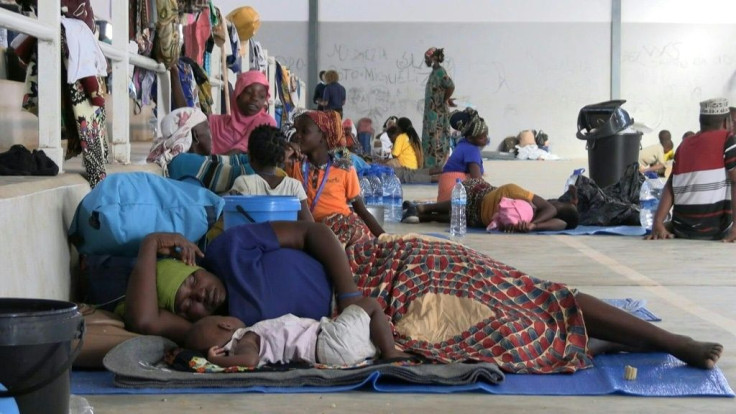
Adding to the trauma, she said she also does not know the whereabouts of her husband.
Thirty-year-old Nvita Nchute is another one lucky to be alive and was evacuated by ship to Pemba late last week, although he now doesn't know the whereabouts of his wife.
He said he was at a local market when shooting started.
"I couldn't go (back home) to look for my wife," he said tears streaming down his face, as he sat at a temporary shelter in Pemba's Eduardo Mondlane neighbourhood, popularly known as Expansao.
Morasse Ali, 26, said he spent four days in the bush without food or water.
"Those bandits arrived at my house, captured my family and took them away," he said. He has no idea if his wife and son are dead or alive.
The United Nations said it has recorded nearly 10,000 civilians that have made it to safety since the Islamist raid was launched on March 24.
According to the UN agency for migration, an estimated 23,000 survivors are gathered on the Afungi peninsula, near French energy giant Total's gas site, which is guarded by Mozambique's military.
The situation remains volatile there and security concerns forced the UN on Friday to temporarily halt evacuation flights from Afungi to Pemba.
Muana Macasse Ali said his parents remain trapped in Afungi.
He said he hid in the bush "for three days without eating and even drinking water".
Before the latest Palma attack, the Islamist insurgency conflict had already killed more than 2,600 people and uprooted nearly 700,000 more from their homes.
In recent days, at least 1,600 people from Palma have also arrived in Montepuez -- 450 kilometres (280 miles) away -- according to the UN, mainly after walking for several days through forests for a third of the journey, and then travelling by bus or cars.
© Copyright AFP 2024. All rights reserved.





















